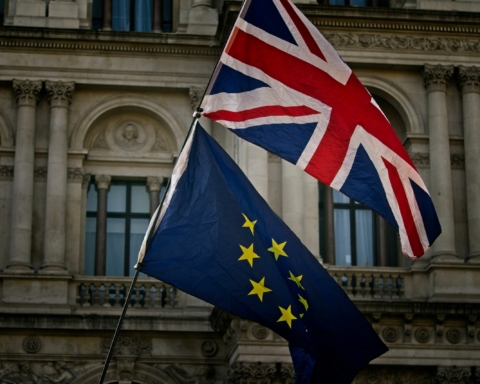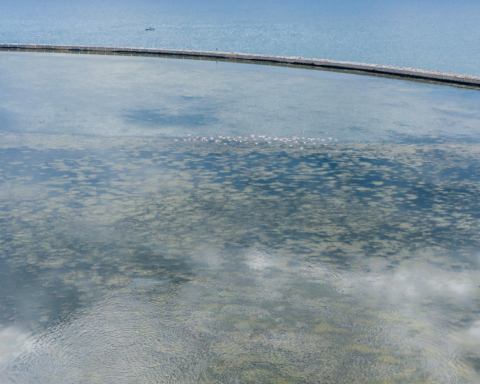“Something has gone wrong with our energy strategies.” Could the problem of high prices in Italy, but above all in Europe, have been avoided? “Yes, if we had not limited ourselves to chasing the myth of a zero-emissions world over the last few years.”
Interviewed by Port News to give us his view on the crisis that threatens to send hundreds of companies into a production lockdown, the president of the research company Nomisma Energia, Davide Tabarelli, paints a bleak picture: “Over the last twenty years we have always put the environment first, relying, instead, on the free market to meet our energy needs, in a context characterized by overcapacity in terms of production. In November, we experienced first-hand what happens if supplies can no longer meet demand.”
According to Tabarelli, who is also a professor of economics at the University of Bologna, the situation has laid bare Europe’s ineffectiveness, the inconsistency of a vision that has reduced the mantra of “Decarbonization”, invoked by many in response to obvious concerns about climate change, to mere verbal flattery. “In 30 years, Europe has reduced its C02 emissions by one billion tonnes. The rest of the world, however, has gone in the opposite direction, increasing them by 13 billion and thus frustrating our efforts. The honorable, and conceptually right, struggle for carbon neutrality has led to the EU suffering from a competitive disadvantage compared to other areas in the world.”
For Nomisma Energia’s president, it’s clear that the world still needs the much-despised traditional energy sources, starting with oil and coal, whose demand levels next year could exceed those of 2019. “Supplies of renewable energy sources are clearly lower than what was expected, and they are failing to meet our energy needs. This is why it’s a mistake to think we can get rid of fossil fuels so soon.”
In short, according to Mr. Tabarelli, the zero-emission world remains, in light of the facts, “an escape from reality” by politicians in search of catchphrases, easy to announce but impossible to achieve. “And it has gone well for us. In fact, it could have been even worse if the energy crisis had also affected oil.”
The university lecturer believes that we have to put the battle against environmental pollution aside for a moment and aim at a less trumpeted, more efficient energy policy. In other words, “We need greater energy diversification, we need greater investment in the supply of traditional energy sources. In a word, we should adopt the same approach as the housewife from Voghera, who never buys bread from only one baker.”
Moreover, we need clear rules, at Community level: “We have to make sure that countries in Europe no longer remain without energy.”
Shipping and the transport world in general will also need to movde more gradually and slowly towards the net zero milestone: “Who wouldn’t want ships to go back to using sails, or using long-lasting lithium batteries? It would be a beautiful world but it’s not the one we live in. Without adequate technologies, alternative fuels and effective distribution networks capable of guaranteeing easy supplies, the Fit for 55 package’s ultra-environmental policies the risk doing more harm than good, widening the competitive gap with those countries on the EU’s borders (such as Tunisia and Algeria) that do not have the same level of attention to environmental issues as we do”.
As far as cold ironing is concerned, i.e. the quay electrification system, which the Government is aiming at thanks to a large investment plan of almost 700 million euros for ports, Tabarelli does not go overboard: “It is an excellent idea, even if at the moment it is not very convenient, especially in the light of the new energy prices, but in the long term it could prove to be a winning move.”
Translation by Giles Foster




